If you were around in the mid to late 1980’s, you may remember the plethora of fat free foods and low fat foods that came out.
I called them foods above, but were they really food?
Tasted like food, smelled like food, but there was something terribly wrong.
If you were like me, you were never satisfied even though you consumed a massive amount of calories, carbohydrates and sugar!
You constantly desired more and ate more of this so called food. And then….
- You got fatter instead of leaner
- You had more inflammation and pain and couldn’t recover well from exercise
- You couldn’t focus
- Your sweet cravings got worse
- You had night sweats between 1-3 am
- You had more fatigue
- Diabetes, thyroid conditions, cholesterol, blood pressure and other health conditions got worse
This is the story of billions of people like me that learned to fear fat and had symptoms of a fat fee or low fat dietary model.
I was told at the age of 16 by a nutrition specialist at a local gym that I needed to eat low fat and fat free products, but at the same time consume about 300 calories if I wanted to gain muscle and lose body fat to optimize my performance as a baseball player.
I was told the same basic information in the mid 90’s at UC Davis by my PhD’s in Nutrition, so not much changed.
For those of you youngsters out there, we were told this simple message, “If we ate fat we would gain fat.” And, “If we reduced fat, we would live happy, healthy lives.”
Unfortunately it is not as simple as that, which has been proven in the research.
Until about 1980, the obesity rates in the US were 12 to 14 percent. Sometime between the late ’70s and late ’80s, they shoot up to 22-25 percent and they continued to rise in the last decade of the 20th century. More recently, there seems to be a slowing of the rate of increase or even a leveling off (Prevalence of Obesity in the United States, 2009-2010, Ogden et. al).
There were three major influences of the obesity rise.
- There was a greater usage of high-fructose corn syrup came given it became the primary caloric sweetener in the US and in the mid-’80s.
- We started producing low-fat and non-fat products that in effect replaced the fat in products like yogurt, milk or cookies with high sugar contents.
- The replacement of saturated fats with trans fats.
The reduction of fat in the diet leading to greater obesity and disease should not come as a surprise given farmers have known for thousands of years that you can make animals fat by feeding them grains.
Animals get even fatter when you don’t let them run around too much and load them with steroids and anti-biotics, and it turns out that this applies to humans also.
Give the above, one may make the argument that fat is now good and carbs are bad. However, a better summary would be… there are both good and bad, carbs, proteins and fats.
Many of us have learned the hard way that high carbohydrate grain, based diets that are low in fat do not do a body good. But interestingly enough, I am seeing a trend recently that seems to be replicating the mid 80-90’s era.
Many are removing the gluten from their diet given its association with digestive complaints, auto-immune conditions, thyroid problems, joint pain and more. The more interesting part is that some of these people that are avoiding gluten are opting for gluten free grains like corn, quinoa, rice, etc.
Yes, the primary culprit may be gluten for one’s symptoms; however, one has to be very careful in replacing one grain for another. Some believe that those with gluten intolerances and celiac disease do best on a grain free diet given grains tend to be pro-inflammatory regardless of source.
In addition, too many carbohydrates again, regardless of source tends to increase the waistline and especially grains given we tend to over consume. We can only tolerate some many carbohydrates per meal and per day as explained in Fat Loss Tip #2- Reduce your Carbohydrates.
Lastly, with high grain meals like pasta and rice there is a tendency to over consume the grains and have no room left for the more nutritious carbohydrates like beans, sweet potatoes, and colorful powerhouse veggies like bell peppers, beets, cruciferous vegetables, etc. This is especially important to note if you have kids. They will typically choose the low value grains.
In summary, don’t fear fat. We need high quality good fats in our diet like avocados, olives, olive oil, coconut based products, flax seeds and oil, fish oils and animal proteins that are free of hormones, anti-biotics and are raised humanely on a grain free diet also. These good fats will give us a feeling of satisfaction so we do not constantly think about food and even more specifically sugar. You may consume more calories in a meal by consuming additional fat, but there will most likely be less total calories consumed in a day.
We need carbohydrates -so choose wisely. Focus on the various kinds of beans, lentils, vegetables and fruits to maximize your nutrient potential.
We are an over-fat malnourished society. How does one become over-fat and malnourished? It is a process that occurred through years of creative marketing to our needs as a society for more convenient models of food delivery.
What you should eat isn’t rocket science. Slow things down and do what your Grandmother did- make your own food. If a food has a label, it probably isn’t good for you. Check out Fat Loss Tip #15- Eat real Food To Get Lean.
If you need help with the process let me know by replying to this email.
Have a great night!
Your friend & coach,
Brien
P.S. Please share my educational content with your friends and family and help me reach my goal of 10,000 subscribers.
**************************************************************************
Join me on Facebook (click here) for answers to all your health, fitness, and nutrition questions.
Please Write Me a Review on Yelp: Belmont Boot Camp, Burlingame Boot Camp, Redwood City Boot Camp, Personal Training & Nutrition
**************************************************************************
I work with those who desire weight & fat loss, pain reduction and stress management through comprehensive exercise, nutrition & lifestyle strategies. My dream is to coach those who seek my help live their passions with happiness & love.
Thank you for allowing me to help you.
**************************************************************************
Check our life-changing fitness and nutrition programs to help you live your healthiest, fittest, and most energetic life ever!
www.BrienShamp.com
www.Shamp’sBootCamps.com
www.10 DayDetox.com
www.21DayDetox.com
650-654-4604
About Brien Shamp’s Boot Camps, Personal Training, Nutrition & Lifestyle Coaching:
Launched by fitness expert Brien Shamp in 1996, Brien Shamp’s Boot Camps, Personal Training, Nutrition & Lifestyle Coaching is a co-ed personal training fitness program which specializes in the areas of weight loss, nutrition & lifestyle coaching and boot camps. Program details and client testimonials are available at www.BrienShamp.com. Shamp, a certified fitness expert with 22 year’s experience in the fitness industry, can be reached at [email protected] or 650-654-4604.
About Brien Shamp, Fitness Expert:
Shamp is a certified fitness expert (Bachelor’s Degree in Biomechanics from UC Davis, Extensive Graduate Studies in Exercise Physiology, Reiki Practitioner (Level 2), CHEK Nutrition & Lifestyle Coach (Level 2), Advanced Metabolic Typing Advisor, Medical Massage Therapist, Personal Trainer (ACSM), Strength & Conditioning Specialist (NSCA), USA Weightlifting Coach and Acu-Yoga) with 22 years of experience in the fitness industry. Shamp won the World’s Best Personal Trainer Contest by Met-Rx in 2000 and was a judge in 2001. In 2009, he was nominated “Best in the Bay” for Weight Loss by KRON 4. In December 2011, Shamp was nominated one of the top 10 Personal Trainers in the country by Personal Fitness Trainer Magazine. Shamp can be reached at [email protected] or 650-654-4604 and is available for media interviews on topics related to health, wellness and fitness.

